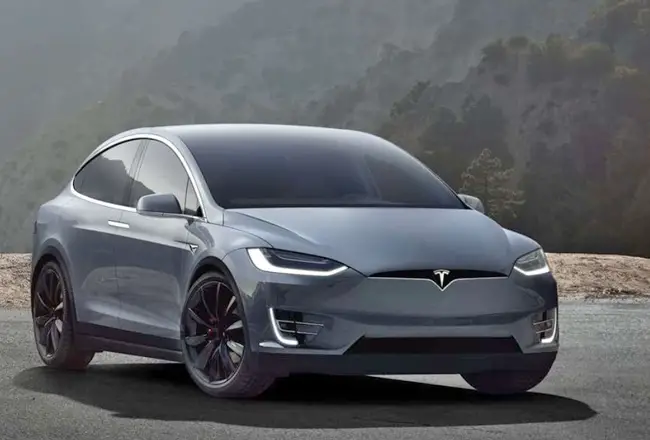Tesla withdraws CT lawsuit seeking direct-to-consumer vehicle sales
Tesla has withdrawn its lawsuit before the Connecticut Supreme Court challenging state law the prohibits the electric vehicle manufacturer from selling directly to consumers.
The Connecticut Franchise Act prevents the direct sale of automobiles from manufacturers to consumers. Tesla had operated a “gallery” in Greenwich that enabled prospective buyers to look at, test drive and later order a Tesla over the phone or the internet for delivery out of state.
 The Greenwich venue was closed in March 2019 following a December 2018 ruling by Superior Court Judge Joseph Shortall that supported a Connecticut Department of Motor Vehicles”™ claim that Tesla had been illegally selling vehicles from its Greenwich gallery.
The Greenwich venue was closed in March 2019 following a December 2018 ruling by Superior Court Judge Joseph Shortall that supported a Connecticut Department of Motor Vehicles”™ claim that Tesla had been illegally selling vehicles from its Greenwich gallery.
The Elon Musk-founded company has tried unsuccessfully to get the state legislature to change the law regarding the sale of automobiles to consumers and sought the state Supreme Court’s input on the matter.
However, in December Tesla announced it would begin leasing its vehicles from its Milford service center, noting that state law does not prohibit the leasing of its vehicles to interested drivers who would then have the option to buy the automobile online or out of state. As a result, the company chose to withdraw its court filing.
Bruce Becker, president of the Electric Vehicle Club of Connecticut, told CTNewsJunkies.com that Tesla is able to sell its cars directly to consumers in New York and Massachusetts, and that Connecticut law undercuts the state”™s renewable energy goals.
“State officials have set an ambitious goal of having 500,000 electric vehicles on the road by 2030,” Becker said. “To meet this goal, electric vehicles must become more accessible to consumers. Tesla”™s decision to move forward with leasing is a huge step toward achieving this goal. Year after year, Tesla sells more electric vehicles by far than any other carmaker. It”™s time for Connecticut to make it easier for consumers to purchase, not just lease, clean-driving cars, including by opening our doors to electric vehicle manufacturers like Tesla who sell directly to consumers.”